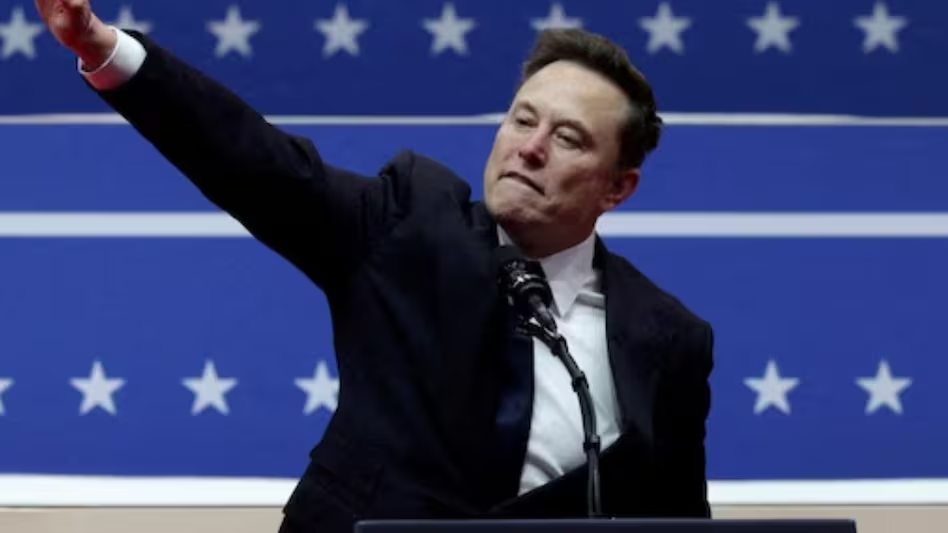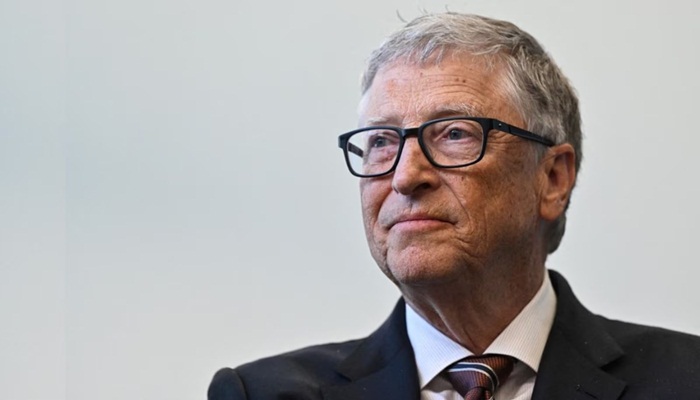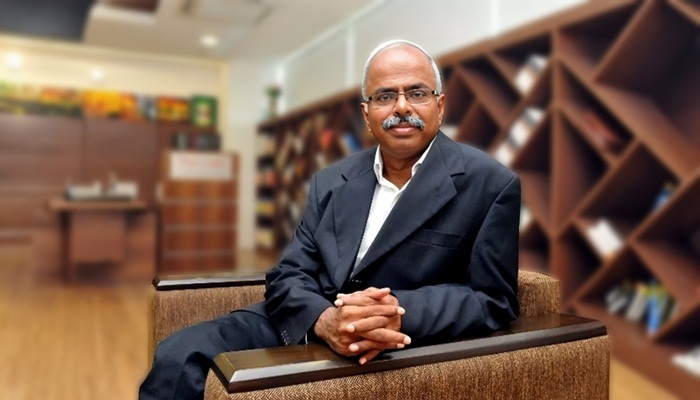In a fast-evolving talent landscape, employee expectations have expanded far beyond paychecks. To engage and retain today’s workforce, organisations must offer more than compensation—they must deliver purpose, recognition, growth, and well-being.
For Tata Motors, the answer lies in its holistic Total Rewards Framework, built on four strategic pillars: compensation & benefits, brand & culture, career growth, and learning opportunities.
“We believe the best way to engage and retain employees is by providing them with meaningful work,” says Sitaram Kandi, Chief Human Resources Officer at Tata Motors.
Total rewards that support life and legacy
While maintaining competitive remuneration, Tata Motors goes further with its benefits ecosystem—offering comprehensive coverage for employees and their families, continuing through retirement and even in the event of an unfortunate loss.
“This approach supports employees not just during their time with us, but throughout their life journey,” Kandi notes.
Building careers through opportunity
Career advancement is a key driver of engagement at Tata Motors. Through structured job rotations, internal mobility, and initiatives like Going Extra Miles (GEMs), employees gain exposure across functions and levels.
“Over 35% of our managerial roles are filled through internal promotions,” says Kandi. “That speaks to the strength of our growth ecosystem.”
Opportunities are crafted through both horizontal movement and vertical progression, ensuring clear pathways for advancement.
Learning as a retention strategy
Learning and development are central to Tata Motors’ talent philosophy. Employees have access to a range of training formats—classroom, virtual, self-paced, and instructor-led—based on their needs and roles.
The company also supports formal higher education at every level, from 10th and 12th pass to graduate and postgraduate. A PhD program is currently under development, reinforcing Tata’s long-standing commitment to lifelong learning.
Freshers benefit from the Earn and Learn initiative, which offers formal degree or diploma certifications upon completion. In FY24, management staff averaged over 25 training hours, while technicians clocked 45 hours.
“At the core of all these initiatives lies our enduring ethos of trust and empathy—a value that drives the Tata brand and shapes our culture,” adds Kandi.
Driving performance through purpose
Tata Motors ensures a direct connection between employee performance and organisational goals. Through the Balanced Scorecard (BSC) and Performance Management Process (PMP), company objectives cascade into individual KPIs.
“Rewards are tied to both personal and company achievements,” Kandi explains. “This strong alignment motivates our teams and fuels productivity.”
Incentive plans, bonuses, and long-term stock options are deployed at different levels—ensuring rewards are both equitable and performance-driven.
Recognition as a daily practice
Beyond monetary rewards, Tata Motors fosters a culture of continuous, genuine recognition. Whether it’s a timely “thank you” or a formal spotlight moment, appreciation is made visible through digital tools and open channels.
“We believe recognition, when public and authentic, has a lasting impact on morale,” says Kandi.
The company also celebrates Long Service Awards, inviting families to join in, further personalising the experience.
Measuring ROI: The impact of total rewards
Tata Motors closely monitors the impact of its Total Rewards strategy through metrics like productivity, engagement, and business outcomes.
Quarterly sales incentives, annual performance pay, and bonuses are all tied to tangible business goals. Long-term stock options for leadership reinforce sustained commitment.
“We continuously measure both financial ROI and intangible outcomes like engagement and retention,” Kandi notes.
The cost of not having a total rewards strategy
Kandi is clear about the risks: “Without a clearly defined rewards strategy, employees may feel undervalued. This leads to disengagement, higher attrition, and a weakened employer brand.”
He adds that without support systems like career pathways, health benefits, and flexibility, organisations risk losing both current and future talent.
Staying Ahead: The future of total rewards
Looking forward, Kandi highlights trends shaping Total Rewards in 2025:
• Non-monetary recognition
• Well-being and mental health support
• Flexibility and life-stage benefits
• Integration of ESG and DEI into employee value propositions
“Today’s employees want to contribute to something meaningful,” he shares. “That’s why we focus on well-being, purpose, and continuous learning within our rewards framework.”
At Tata Motors, Total Rewards is more than a framework—it’s a reflection of how the organisation values its people. With empathy at its core, the strategy delivers on both individual fulfillment and business performance.
“When employees feel seen, supported, and inspired—they give their best. That’s the culture we are nurturing every day,” concludes Kandi.





















